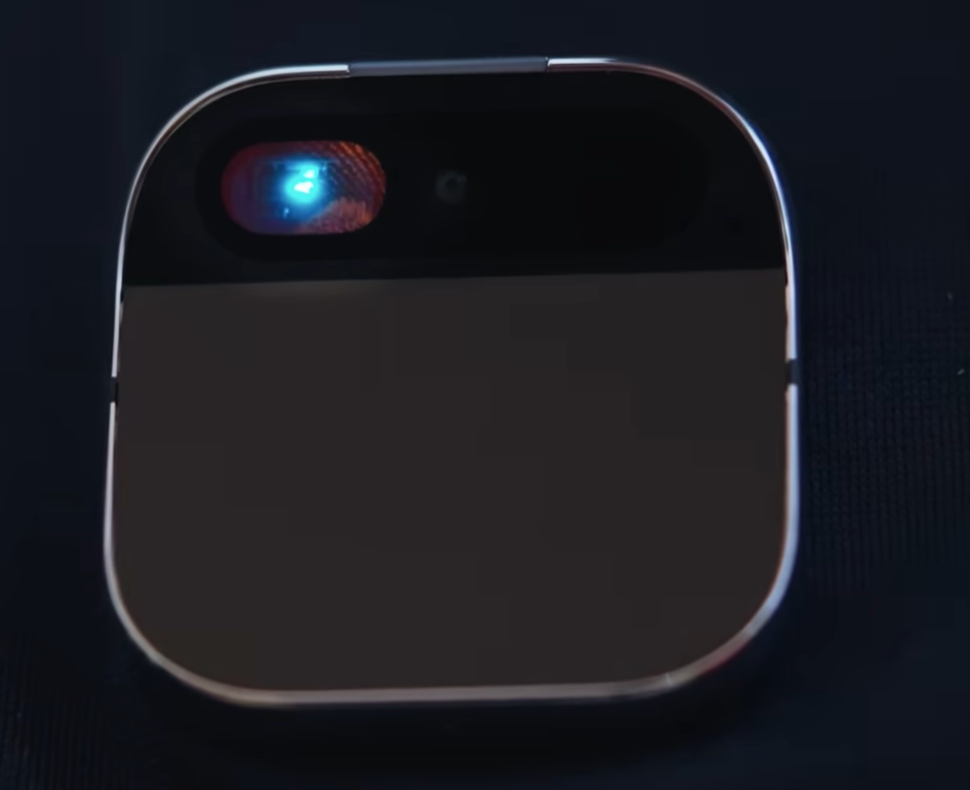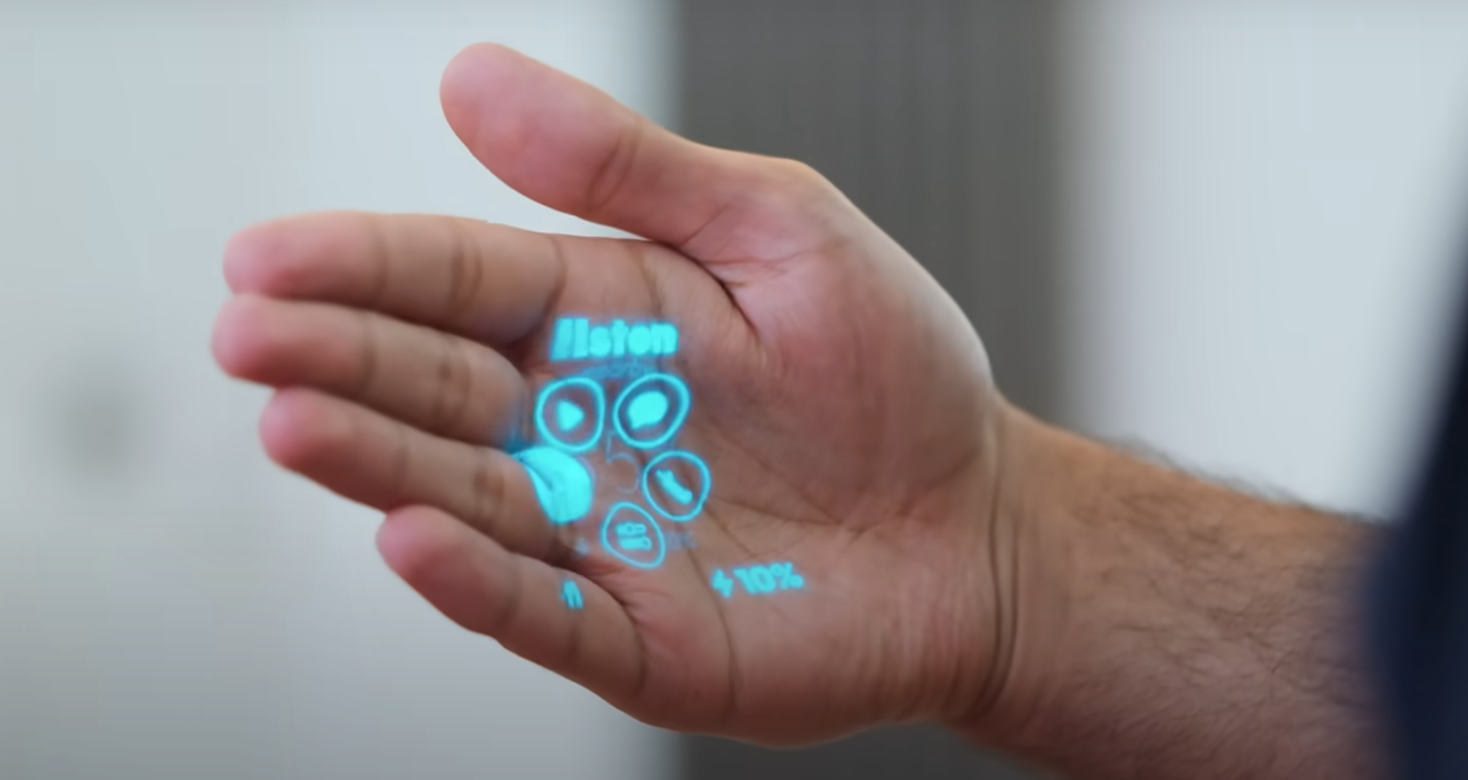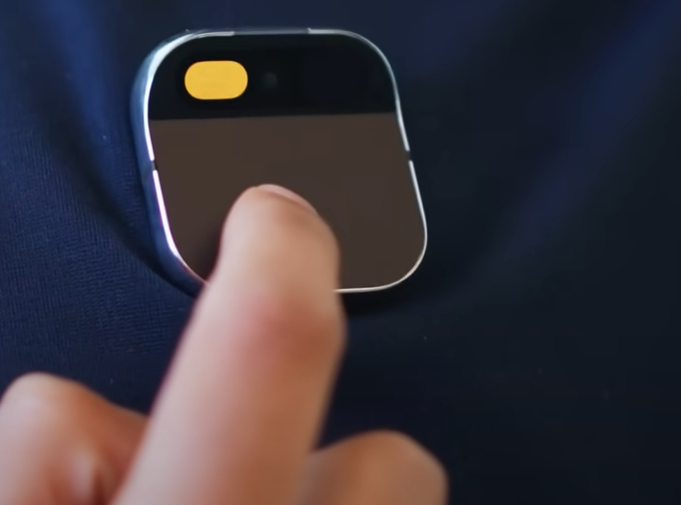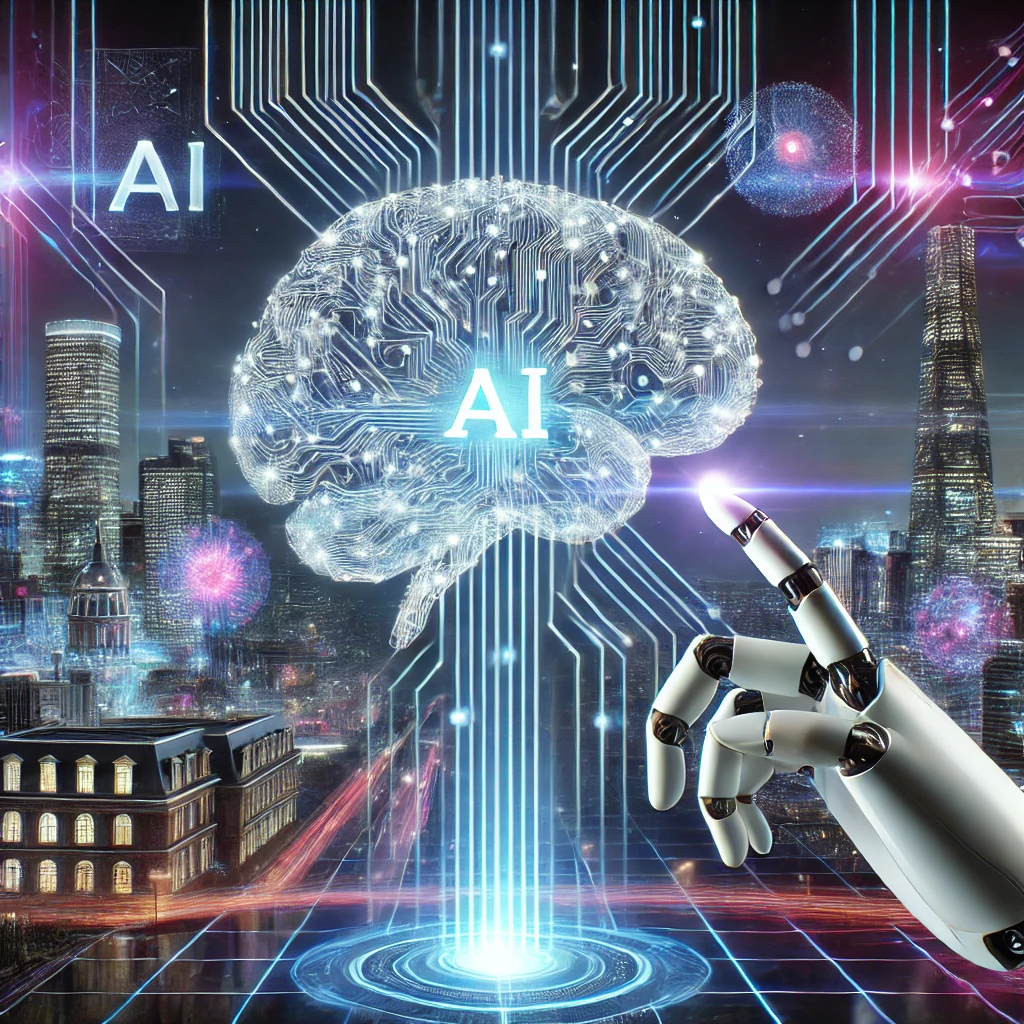The demise of Humane is perhaps the most predictable tech story of 2025. The company attempted to generate excitement around its AI Pin in late 2023, marketing it as a revolutionary replacement for smartphones. With its co-founders being former Apple employees, expectations were high. However, the biggest issue was that it was never clear what the AI Pin would do to justify its hefty $700 price tag, plus a $24/month subscription fee.

It didn’t take long for things to unravel. Launched in April 2024, the AI Pin received some of the worst consumer tech reviews in history. Just a month after its release, reports surfaced that Humane was desperately seeking acquisition—for an unrealistic $750 million to $1 billion. By then, rumors suggested the company had only managed to sell 10,000 units, falling dramatically short of its 100,000-unit goal. HP was later named as a potential buyer, ultimately acquiring Humane for a mere $116 million.
The AI Pin’s Fatal Flaws

Despite its AI-powered premise, the AI Pin was plagued by fundamental hardware and software issues:
- High Price, Poor Performance: At $700, plus a subscription fee, the AI Pin failed to deliver any must-have functionality.
- Terrible Battery Life & Overheating: The device heated up excessively, sometimes shutting down entirely.
- Unreliable AI Assistant: It struggled to answer questions or execute basic commands effectively.
- Dysfunctional Camera & Projection Display: The built-in camera rarely worked, and its projected display was nearly useless outdoors.
- Fire Hazard Battery Case: Humane even had to recall its extended battery case due to fire risks.

With so many issues, it became clear that Humane had overpromised and underdelivered. For a device whose main interface was voice-based AI, failing to provide reliable responses was a deal-breaker.
Why Humane Failed Where Others Succeeded
Building hardware is notoriously difficult, even for tech giants like Apple and Google. First-generation products often come with flaws, but companies like Apple have strong ecosystems to support them. Humane, on the other hand, had no such foundation to fall back on.
A comparison can be drawn with Pebble, an early smartwatch innovator. While Pebble faced initial hurdles, it still managed to carve out a niche before eventually being acquired by Fitbit (and later, Google). The key difference? Pebble’s software was functional and provided real value, something Humane’s AI Pin never achieved.
iQwrites – A Full-Service Digital Marketing Agency
Lessons from the AI Pin Debacle
The failure of the Humane AI Pin serves as a cautionary tale for the AI hardware market. While AI technology is advancing, most consumer-grade AI devices are still far from being practical. Google and Apple may be integrating AI into their products, but they do so on the backbone of robust, existing platforms. Humane’s attempt to build an AI-exclusive device from scratch was simply too ambitious—and ultimately disastrous.
If there’s one takeaway from this fiasco, it’s this: investing in unproven AI hardware is a risky bet. The AI Pin wasn’t just “not ready”—it was one of the worst tech devices ever released. As thousands of early adopters now face the reality of owning a soon-to-be obsolete device with no refunds or compensation, it’s a stark reminder that hype doesn’t guarantee success in the world of consumer tech.

